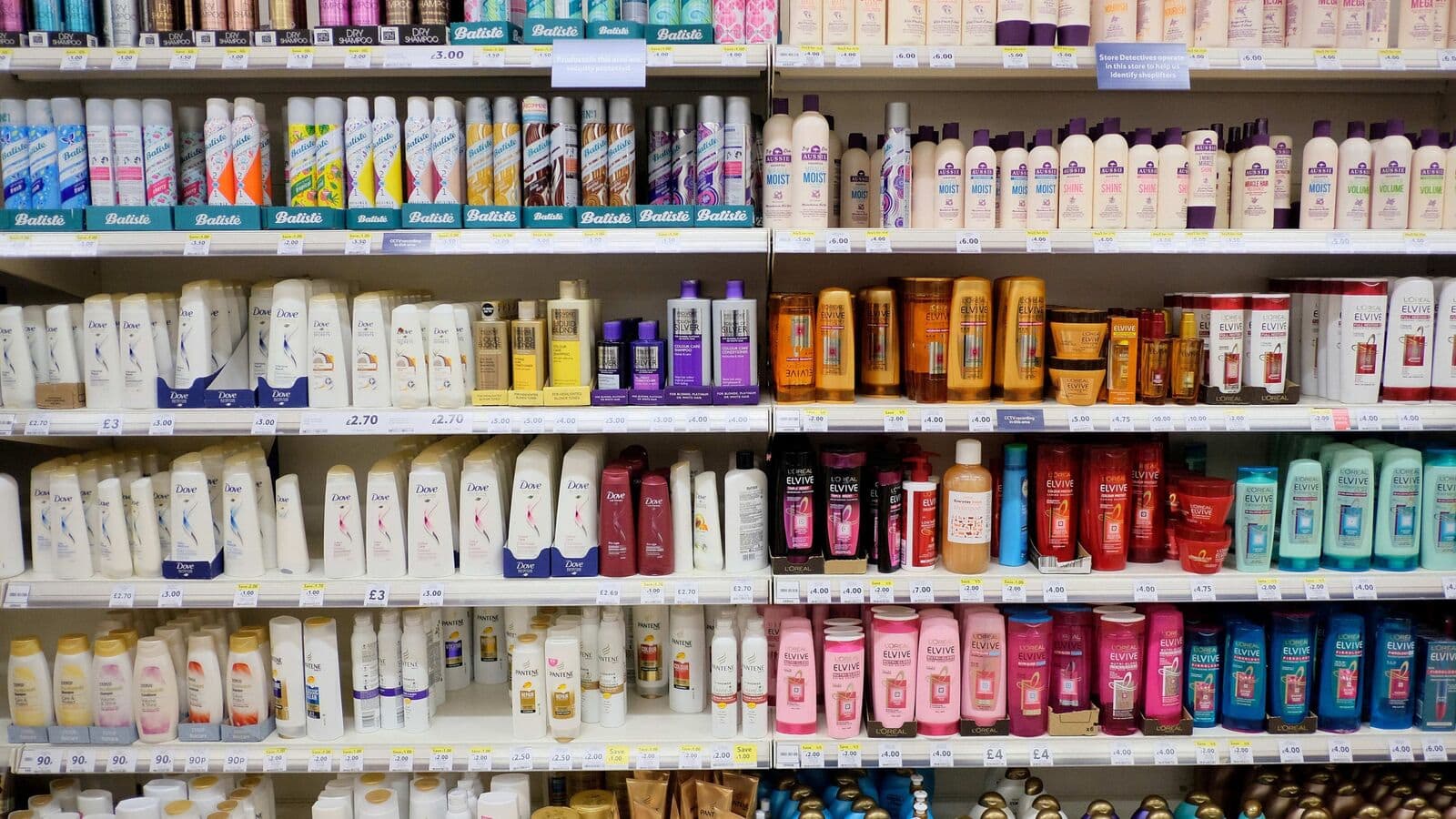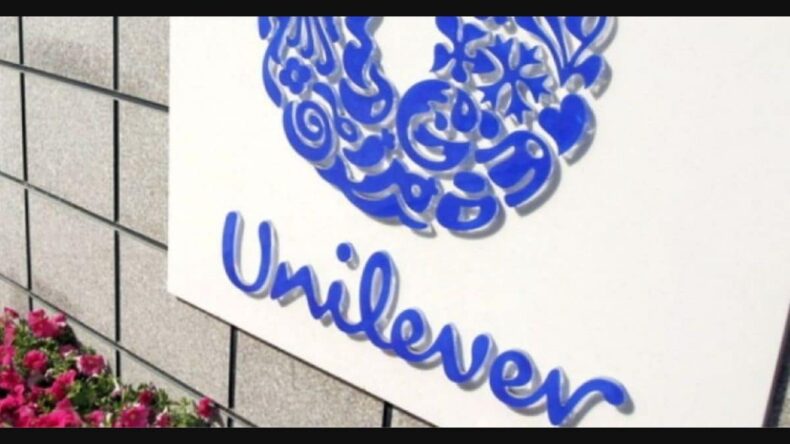Hindustan Unilever (HUL), a subsidiary of Unilever, claimed that the recall of aerosol dry shampoos in the US and Canada wouldn’t have any effect on Indian markets. HUL added that the recall by Unilever US and Canada was voluntary and that dry shampoos are neither made nor sold in India. Concerns about the products’ benzene content led Unilever to recall them.

Unilever has claimed that Dove and other dry shampoo brands are contaminated with the carcinogenic chemical benzene. According to a formal notice published on the Food and Drug Administration website on Friday, the consumer goods company also included brands like Nexxus, Suave, Tresemmé, Rockaholic, and Bed Head dry shampoo maker Tigi on its list of recalled products. According to media reports, the products affected by the recall were made before October 20, 2021.
The incident raises new concerns about the safety of aerosols in personal care products. Over the past 15 months, spray-on deodorants like Procter & Gamble Co.’s Secret and Old Spice, as well as Johnson & Johnson’s Neutrogena and Edgewell Personal Care Co.’s Banana Boat and Beiersdorf AG’s Coppertone, have all been taken off store shelves. These products were recalled starting in May 2021 after Valisure, an analytical lab with headquarters in New Haven, Connecticut, found benzene in them.
Due to potentially elevated levels of benzene, Dove, Nexxus, Suave, TIGI (Rockaholic and Bed Head), and TRESemme dry shampoo aerosol products from certain lot codes have been voluntarily recalled, according to a statement on the company website.
The US FDA claims that benzene is present everywhere in the environment. It is constantly present in indoor and outdoor environments for people all over the world. However, it might endanger your life. The FDA stated on its website that it “can result in cancers including leukemia and blood cancers of the bone marrow and blood disorders which can be life-threatening.”
Chemical substances like benzene are frequently present in tobacco products, solvents, and motor fuels. We are surrounded by traces of benzene, and minor exposure is regarded as safe.
When using aerosol cans of dry shampoo, which may contain high levels of benzene, there is a high risk of inhalation exposure to benzene.
Hindustan Unilever Limited (HUL) is an Indian consumer goods conglomerate headquartered in Mumbai. HUL is a subsidiary branch of the British company Unilever. Foods, beverages, cleaning agents, personal care products, water purifiers, and other fast-moving consumer goods are among its products.
HUL was established in 1931 as Hindustan Vanaspati Manufacturing Co., and in 1956 it merged with its constituent companies to become Hindustan Lever Limited. In June 2007, the company was renamed Hindustan Unilever Limited.
Hindustan Unilever’s portfolio included 50+ product brands across 14 categories as of 2019. In the fiscal year 2017-18, the company had 21,000 employees and sales of Rs 34,619 crores.
HUL announced the acquisition of GlaxoSmithKline’s India consumer business for $3.8 billion in an all-equity merger deal with a 1:4.39 ratio in December 2018. However, the integration of GSK’s 3,800 employees remained uncertain because HUL stated that there was no clause in the deal for employee retention. The merger between HUL and GlaxoSmithKline Consumer Healthcare (GSKCH India) was finalized in April 2020 after all legal formalities were completed.
Unilever said in a statement that an internal investigation revealed that some products identified by their production codes had high levels of benzene, probably from the propellant.
In addition to Dove, the US FDA reported that it has ordered the voluntary recall of several other Unilever brands due to “possibly elevated levels of benzene,” including Nexxus, Suave, TIGI (Rockaholic and Bed Head), and TRESemmé.
It is known that benzene causes human cancer. Inhalation, oral, and skin exposure to benzene can expose a person to the chemical, which can cause leukemia, a blood cancer of the bone marrow, and potentially fatal blood disorders. The environment is full of benzene. The US FDA further stated in its order that Unilever has worked with its propellant suppliers to address this issue after an internal investigation identified the propellant as the source.













